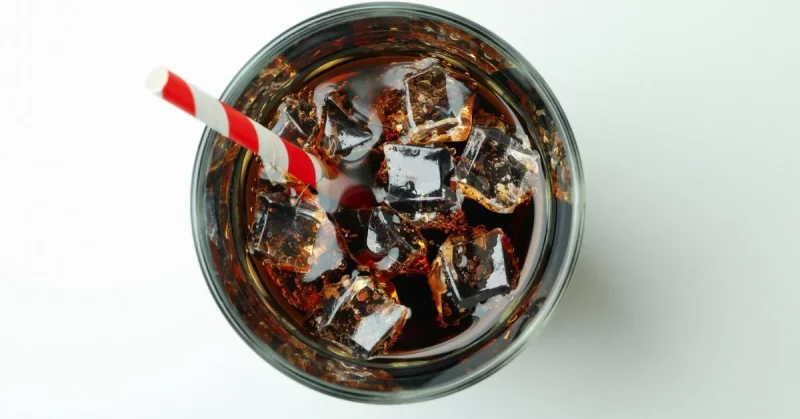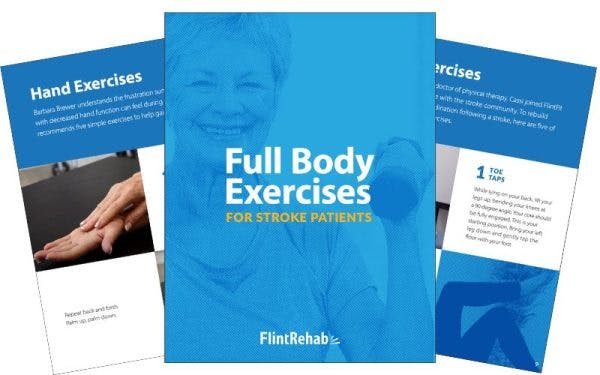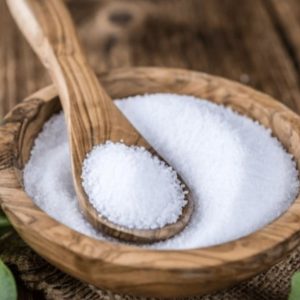Grabbing a diet soda might feel like a healthier choice—zero calories, zero sugar, and all the fizz. But can that seemingly harmless can of diet soda actually raise your risk of having a stroke?
Surprisingly, research says… maybe.
In this article, we’ll unpack what the latest studies tell us about whether or not diet soda can cause a stroke—plus if it’s time to rethink your drink.
First, What Is Diet Soda?
Diet soda is a sugar-free soft drink that uses artificial sweeteners like aspartame or sucralose to mimic the taste of regular soda. It’s marketed as a “healthier” alternative to sugary beverages, especially for those trying to lose weight or manage diabetes.
But here’s the twist: being low-calorie doesn’t always mean low-risk.
Reviewing the Research: Observing the Link Between Diet Soda and Stroke
Researchers followed over 120,000 people (yes, really!) for more than 20 years as part of two massive health studies:
- Nurses’ Health Study (women)
- Health Professionals Follow-Up Study (men)
They tracked participants’ soda habits and looked at how often they had strokes. The results were eye-opening:
- People who drank 1 or more diet sodas per day had a higher risk of stroke.
- The increased risk was stronger in women than men.
- The same trend was seen with regular, sugar-sweetened sodas too.
So, whether it was diet or regular soda, drinking more of it = higher stroke risk.
Diet Soda & Stroke Risk: What’s the Link?
When reviewing the link between diet soda and stroke risk, here’s what the study showed.
Stroke Risk from Daily Soda Consumption
- Diet soda – stroke risk increased by 16% overall (risk was higher in women)
- Regular soda – stroke risk increased by 16% overall
And when it comes to stroke types:
- Diet soda was more strongly linked to hemorrhagic strokes (bleeding in the brain).
- Regular soda was tied more to ischemic strokes (blood clots in the brain).
Although these studies and others demonstrate a link between diet soda and stroke, it is important to remember that the studies listed above were observational. This means that they observed trends, rather than directly testing for causation. Therefore, although it can be seen that drinking diet soda is correlated with an increased likelihood of having a stroke, diet soda intake may not necessarily cause a stroke.
Why Might Diet Soda Raise Stroke Risk?
Great question—and to be honest, even scientists aren’t totally sure yet. But here are a few possible explanations:
1. Reverse Causation
People with health issues like obesity or diabetes (already at higher stroke risk) may be more likely to choose diet drinks than those without health problems. This can make it look like the drinks are the problem, when actually the link is between pre-existing conditions and stroke.
2. Artificial Sweeteners
Some studies suggest artificial sweeteners might mess with blood sugar regulation or gut bacteria, both of which can affect overall health.
3. Chemical Additives
Certain caramel colorings and additives in soda may cause oxidative stress and inflammation, which is linked to stroke and heart disease.
What Happens When You Swap Soda for Something Else?
Good news! The same study looked at what happens when you replace soda with other drinks—and the results were encouraging:
- Decaf coffee – may reduce stroke risk by 10–13%
- Caffeinated coffee – may reduce risk by 9–11%
- Skim milk – linked to about an 11% lower risk
- Tea or orange juice – showed a trend toward reduced risk (though not statistically confirmed)
Water wasn’t statistically significant—but it’s still one of the healthiest choices overall.
So, Should You Stop Drinking Diet Soda?
You don’t have to toss your can in the trash right this second, but it might be worth cutting back—especially if you drink diet soda daily. The risk isn’t sky-high, but over time, those small effects can add up.
A few easy swaps to try:
- Switch your afternoon soda to an iced herbal tea
- Replace your morning diet soda with black coffee or sparkling water with fruit
- Add a splash of orange or lemon juice to still water for flavor
Common Questions
Is diet soda worse than regular soda?
Not really—they both show increased risk. The better option is to cut back on both and choose naturally low-calorie drinks.
Is one soda a day too much?
One a day might slightly raise your risk, but the bigger concern is long-term, habitual use.
What’s the healthiest drink for preventing stroke?
Based on the study: coffee, skim milk, and possibly tea or OJ—all performed better than soda. Other studies have linked red wine to a reduced stroke risk, when used in moderation (1 to at most 2 glasses per day).
Can drinking soda occasionally still be safe?
Yes—occasional consumption (once a week or less) wasn’t strongly linked to increased stroke risk in the study. Moderation is key.
Are flavored sparkling waters a good alternative?
Most unsweetened sparkling waters are a safe swap. Just check the label—some brands add artificial sweeteners, which may carry similar risks.
Do zero-sugar sodas have the same risk as diet sodas?
Zero-sugar sodas often use the same sweeteners as traditional diet sodas, so they likely carry similar risks. There’s no strong evidence showing they’re any safer.
What if I need caffeine but don’t like coffee?
Try unsweetened iced tea, matcha, or green tea. These offer caffeine without added sugar or artificial sweeteners—and may even offer heart health benefits.
How much soda is “too much”?
The study found that one or more sodas per day was linked to higher stroke risk. Cutting back to less than one per week may reduce your risk.
Is stroke the only health risk from soda?
No—soda (both diet and regular) has been linked to stroke risk factors such as obesity, type 2 diabetes, high blood pressure, and heart disease.
Does this mean diet soda causes strokes?
Not directly. The studies show an association, not proof of causation. But the link is strong enough to recommend moderation and healthier swaps.
Final Thoughts: Is Diet Soda Dangerous?
Not exactly. But the evidence does suggest that regular consumption—more than one per day—could slightly increase your stroke risk, especially for women. The link is stronger for some stroke types than others, and more research is needed to figure out why.
In the meantime, staying hydrated with water, tea, or coffee (in moderation) is a smarter, safer choice for your long-term health.









